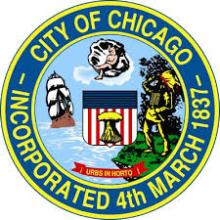Peachtree City, Georgia Approves Resolution to Establish Municipal Broadband Utility
At a September meeting, the City Council in Peachtree City, Georgia unanimously approved a resolution to construct and operate a fiber-optic broadband network. According to the City Council minutes from the meeting, the initial 22.54-miles of fiber will provide 1 Gbps broadband access to various facilities in the City Service area.
In addition to providing connectivity for government buildings, utility services, and medical and educational buildings, the city will target business customers in the “high end user category.”
Officials estimate the network will cost $3.23 million. To pay for the project, the Peachtree City Public Facilities Authority, an independent local government authority created by the state legislature in 2011, will enter into an intergovernmental agreement with Peachtree City. According the August 2015 Fiber Initiative plan, capital for the project will come from the Authority; the city will issue a bond and pay installments to the Authority under an Agreement of Sale.
For several years now, the city located 30 miles southeast of Atlanta has explored options to improve local connectivity. City leaders tried and failed to bring Google Fiber to the community of 35,000 people in 2010. The city attempted repeatedly to urge private ISPs like AT&T to address the problem with no success. In February of this year, city leaders began work on a study to explore the feasibility of a publicly owned fiber network.
City Council members citizens at the recent City Council meeting expressed concerns that the network will not pay for itself and taxpayers will be left to cover unpaid costs. According to a recent survey of local businesses, 100% of respondents reacted positively to the prospect of a municipal network for connectivity.
In order to achieve the plan’s objectives, the network will need 12 “high-end” commercial customers by the end of year 2. The city’s consultant expressed confidence in meeting that first goal:



